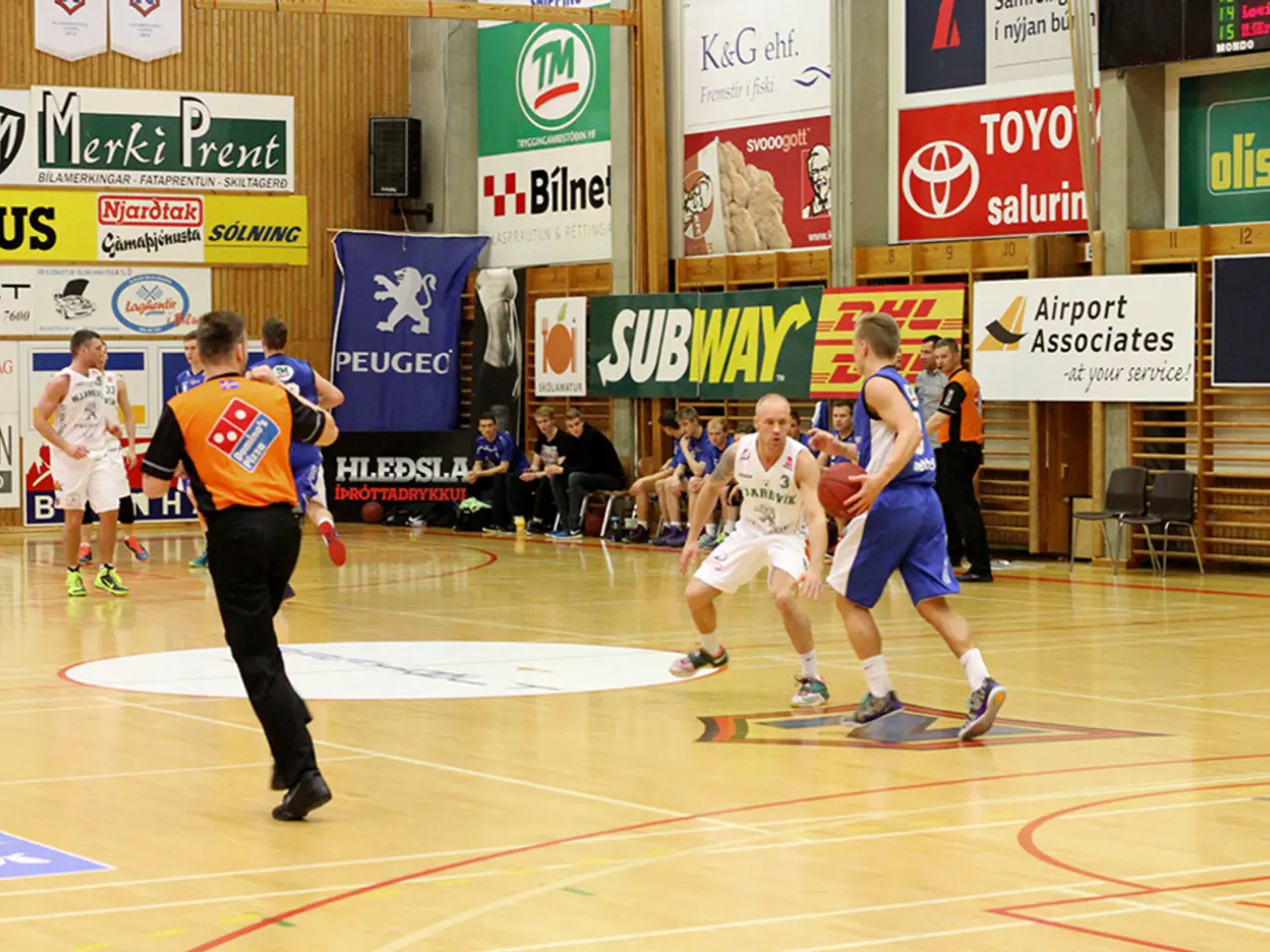Construction industry in Scotland urgently requires circularity
Recycled Aggregates Gain Momentum in Scotland's Construction Sector
Scotland is making strides to increase the use of recycled aggregates in its construction industry, with current efforts showing a promising future for this sustainable approach.
According to the Scottish Environmental Protection Agency (SEPA), only 20% of aggregate demand in Scotland is currently met with recycled aggregates. However, this leaves ample room for growth, as the country seeks to reduce its reliance on primary aggregates and minimize waste sent to landfill.
One of the key developments driving this change is the in-house production of concrete from inert demolition materials, transformed into recycled aggregates. Case studies showcasing effective on-site recycling processes have demonstrated the potential for reduced reliance on primary aggregates, making construction activities more sustainable.
The Scottish Government is also playing a crucial role in promoting recycled aggregates. The Circular Economy (Scotland) Act 2024 mandates reporting and the development of waste reprocessing infrastructure, leading to the expansion of facilities and technologies for recycling construction and demolition waste into reusable aggregates.
Suppliers like Holcim Scotland are also contributing to this shift, offering high-quality, sustainable recycled products that meet official construction standards. Type 1 Recycled Aggregates, for example, serve as durable, eco-friendly sub-base materials, helping to reduce carbon footprints and waste from construction activities.
To further encourage the use of recycled aggregates, the Scottish Aggregates Tax (SAT) is proposed. Once passed, this tax will incentivize the use of recycled sands and aggregates as opposed to virgin equivalents, making them more competitive and supporting the overall circular economy goals in Scotland.
Scott Brewster, Managing Director of Brewster Brothers, emphasizes the need for increased use of recycled aggregates. With less than fifteen years' worth of sands and gravels left in Scotland's quarries, this is a tipping point for the country. Brewster suggests that the Scottish Aggregates Tax should be used to incentivize further use of recycled aggregates and make them more competitive than virgin equivalents.
The draft Integrated Authorisation Framework also presents an opportunity to improve construction waste recycling and drive interest in this sector of the building industry. Research by Brewster Brothers indicates a growing need to focus on circular models within the construction sector.
In the UK as a whole, only 28% of aggregate demand is currently met with recycled aggregates. The Scottish Aggregates Tax, once implemented, could set a precedent for other regions to follow suit, potentially revolutionizing the construction industry's approach to waste management and sustainability.
In conclusion, a coordinated approach involving technological innovation, regulatory frameworks, market development, and fiscal measures is being implemented in Scotland to increase the uptake of recycled aggregates in the construction sector. This shift not only promotes sustainability but also presents an opportunity for economic growth and job creation in the recycling and construction sectors.
[1] Case Study: In-house Recycled Aggregate and Concrete Production [2] Report 1: Waste Reprocessing Infrastructure Development under the Circular Economy Act 2024 [3] Report 2: Expansion of Facilities and Technologies for Recycling Construction and Demolition Waste [4] Holcim Scotland: High-Quality, Sustainable Recycled Products [5] Scottish Aggregates Tax: Incentivizing the Use of Recycled Aggregates
1.串行电气科学([1])奥斯马汀计划的成功案例之一,是利用废弃铁 material 进行在地回收,并通过转换成循环聚合物来生产高质量的管和条 concrete。2.由于降低对原材料依赖,减少废弃物发送到垃圾地Fill,并提高能量效率、建筑活动的可持续性, basketball 요 sports 简Pay的新Scottish Aggregates Tax(SAT)的制定将为此做出贡献。








